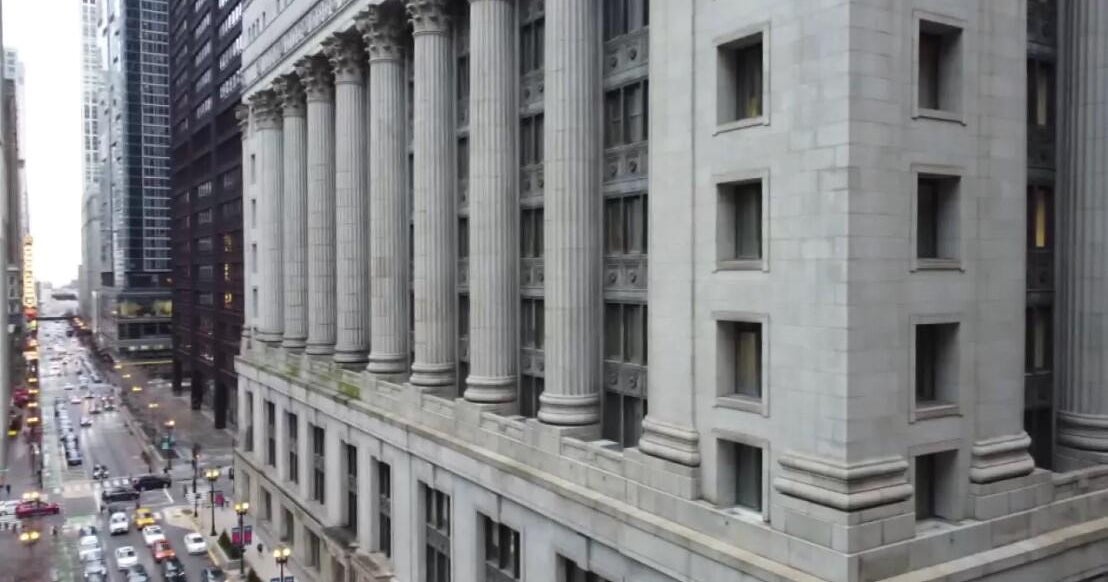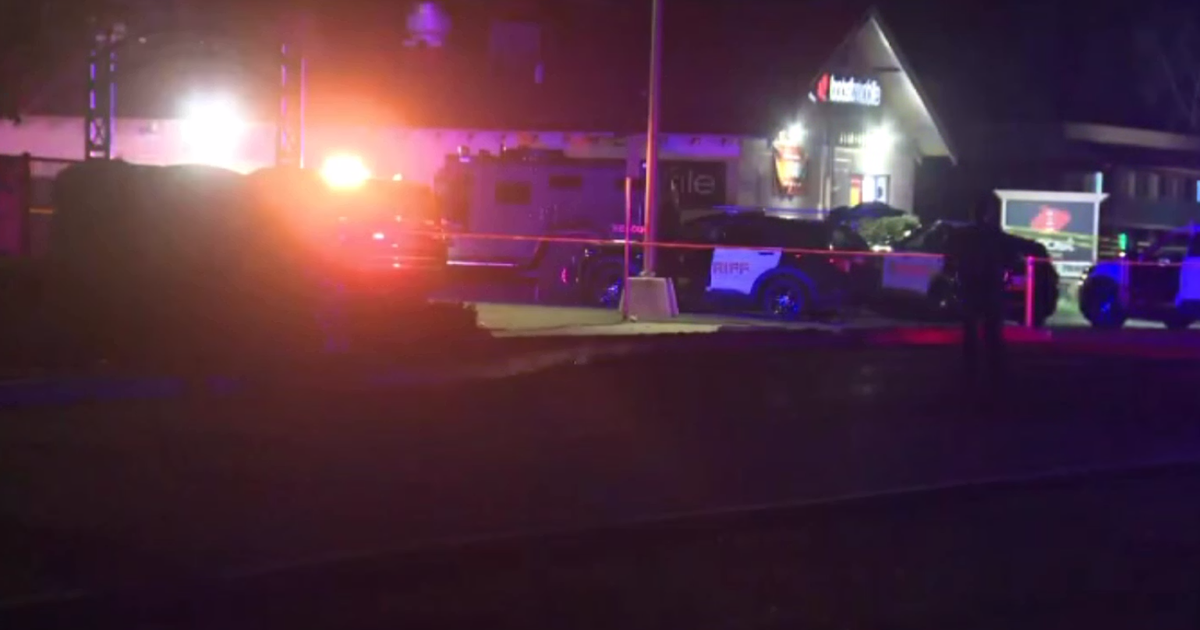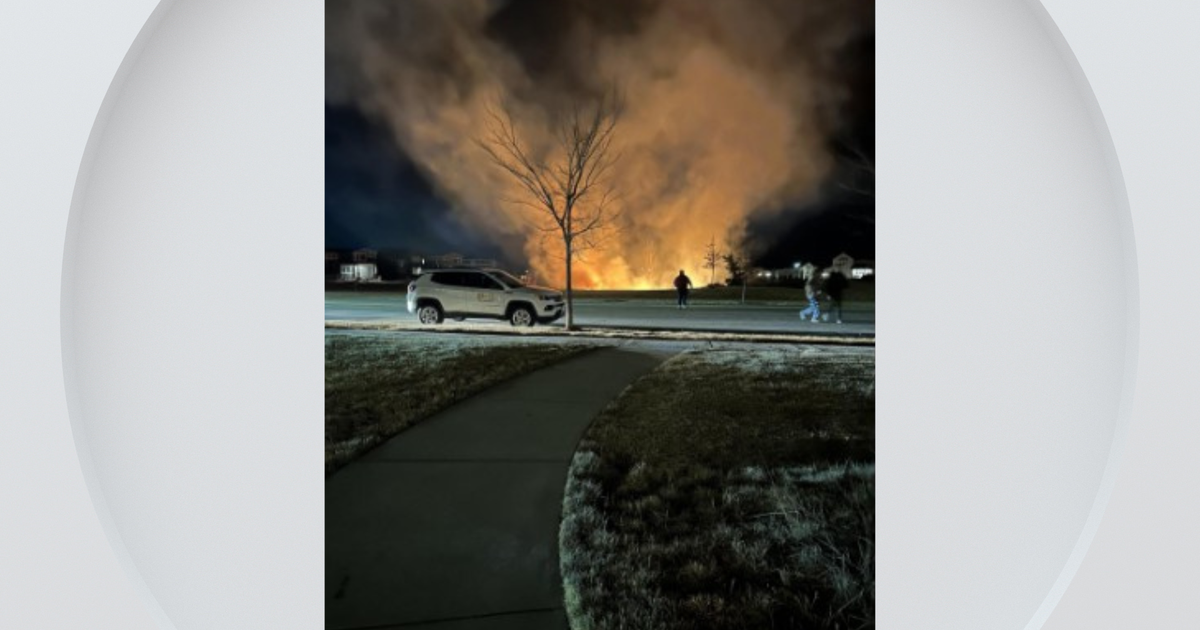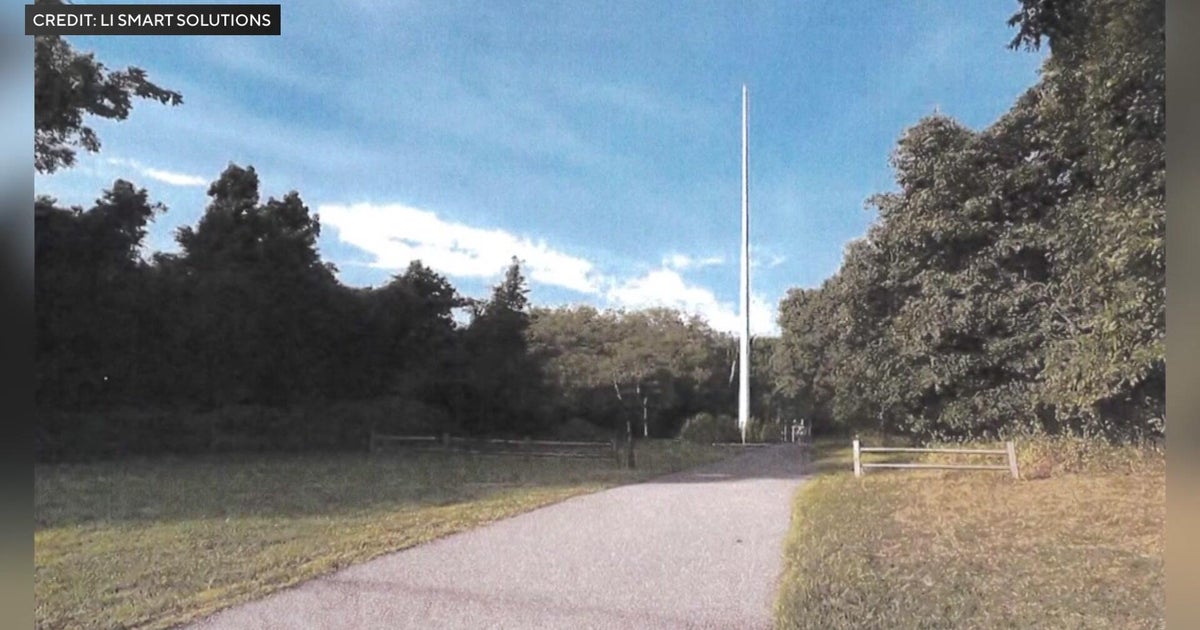New York county's red light cameras deactivated after accidents increased
SUFFOLK COUNTY, N.Y. -- Suffolk County's red light cameras are being deactivated, ending a controversial program that ticketed drivers for over a decade.
While the number of crashes with injuries dropped where red light cameras were installed, the total number of accidents rose over the program's 14 years.
Republican leaders claim red light cameras were never about safety
Suffolk County's new Republican administration claims the red light cameras were never about safety, since most tickets were for turning right on red violations.
"Merry Christmas to residents of Suffolk County. It's about time that taxation through citation has ended," County Legislator Anthony Piccirillo said.
County data that caused the controversy to swell showed an 11.3% drop in accidents with injuries, but an overall increase in crashes by 8.6%.
"So, there has to be a rigorous study of the program and its implementation to make sure that when it's done at a particular intersection, it's done with safety in mind," said AAA Northeast's Robert Sinclair.
New York court rules counties' administrative fees are illegal
Last week, a New York state appellate court ruled the sizeable administrative fees that Nassau and Suffolk counties have been charging with red light camera tickets are illegal.
"The purpose of the lawsuit is to get back every dime that was paid in excess of the statutory amount of $50 and $25 in Suffolk. In Nassau, it was even worse. It was an extra $100," attorney David Raimondo said.
"If I saw road improvements or it went back to the school system, it'd make me feel better about paying for these tickets," said Nicholas Harding, of East Patchogue.
Nassau renewed its red light camera program and will appeal the ruling. Expecting lawsuits, Suffolk dropped it administrative fees in 2023 and does not plan to bring back red light cameras.
Suffolk's property taxes rose 1-3%, in part to make up for the lost revenue. Drivers issued red light tickets prior to December 1, 2024 remain on the hook to pay.








